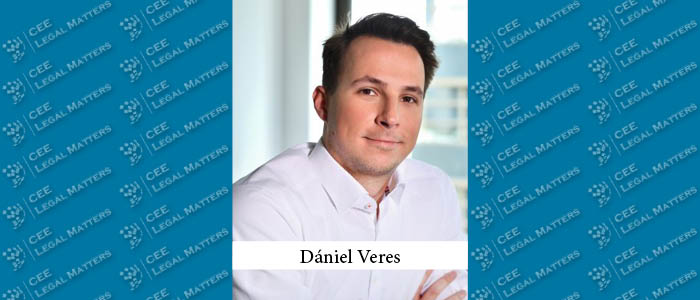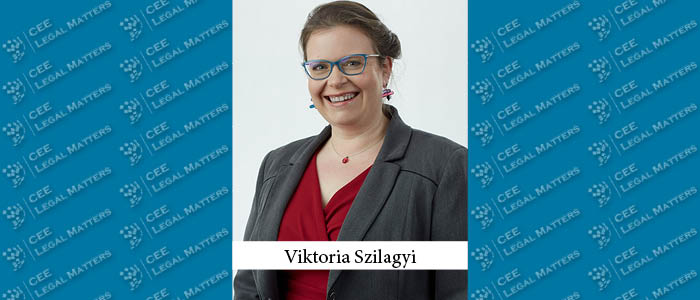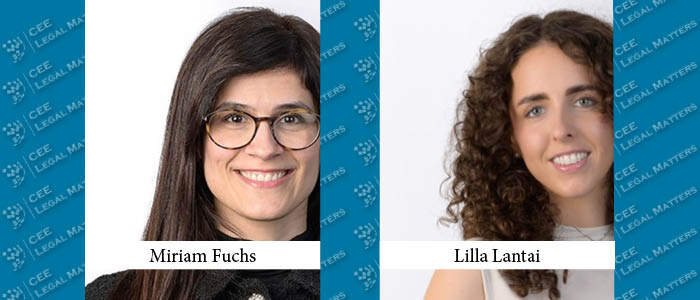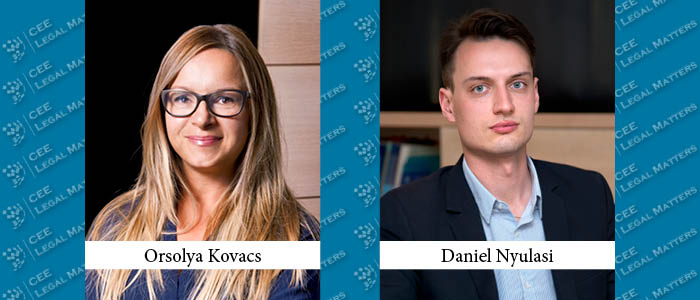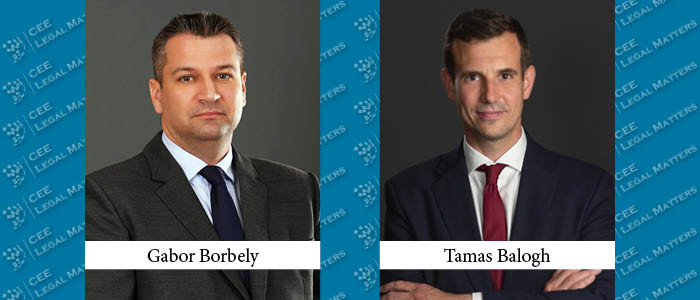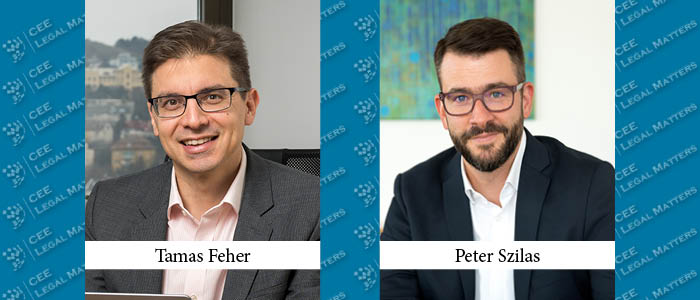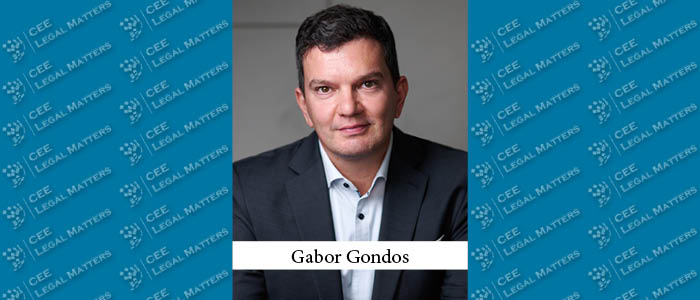In order to promote the health of employees and prevent workplace accidents, the Hungarian Government had significantly increased the fines for the breach of occupational health and safety rules as of 1 March 2024. The rule on its amount was removed from the applicable act and its details were laid down in a government decree.
61! – A Record Number of Taxes in Hungary
As we move into yet another year with the special surtaxes in effect, the question justifiably arises: for how much longer will the extra-profit taxes, those labelled initially as temporary, encumber the Hungarian taxpayers’ declarations. Also, businesses now have to face additional burdens, such as the EPR fees, the carbon quota tax or the global minimum of the corporate income tax.
Amendments to the Land Transaction Act from 1 January 2024
Certain amendments to the Land Transaction Act entered into force on 1 January 2024. The amendment introduces the definition of a rice farm, which includes the land and, as an accessory thereto, the land parcel registered as an area excluded from cultivation serving the rice production (e.g. ditch and drainage systems, embankments and farm roads). The amended Act contains specific provisions, such as two new legal bases for the pre-emption right in respect of rice farms.
Viktoria Szilagyi Makes Partner at LKT in Budapest
Former Counsel Viktoria Szilagyi has been promoted to a Partner position with Lakatos Koves & Partners in Budapest.
2024 – The Year of European Minimum Wage in Hungary?
According to the Hungarian Government's spring 2024 legislative program, the Hungarian Parliament may decide on the introduction of a “European minimum wage” as early as this spring session. The EU minimum wage directive highlights the importance of European social dialogue frameworks in reaching agreements on minimum wages among Member States.
Wolf Theiss and DLA Piper Advise on Sale of Fundamenta-Lakaskassza to MBH Bank
Wolf Theiss, working with Gleiss Lutz, has advised Bausparkasse Schwaebisch Hall, Wuestenrot & Wuerttembergische, and Bausparkasse Wuestenrot on their sale of a 76.35% participation in Fundamenta-Lakaskassza to MBH Bank. DLA Piper advised MBH Bank.
Kinstellar Advises Nestle on Sale of Hungarian Chocolate Brand Boci to Cerbona
Kinstellar has advised Nestle on its sale of the Boci Hungarian chocolate brand to Hungary's Cerbona. Oppenheim reportedly advised Cerbona.
Schoenherr Advises Bontexgeo on Renewal of Industrial Lease Agreement with Cordys
Schoenherr has advised Bontexgeo on the renewal of its lease agreement for an industrial facility in Tiszaujvaros with Cordys Holding Zrt. Sole practitioner Tamas Eperjesi reportedly advised the lessor.
Life Sciences Bulletin: CJEU Ruling on the Online Sale of OTC Medicines May Impact Hungarian Market
The recent judgement of the Court of Justice of the European Union (“CJEU”) on the sale of over-the-counter (OTC) medicinal products online (C-606/21, decision published on 29.02.2024) may have a direct impact on the existing Hungarian legislation and established market practice.
Oppenheim and Kinstellar Advise on Sale of Majority Stake in Carussel to Genesis Capital
Oppenheim has advised Carussel on the sale of a majority stake in the company to Genesis Capital, on the related agreement regulating their future business cooperation, and on the partial bank financing for the transaction. Kinstellar advised the Genesis Growth Fund I on the purchase.
Noerr's Bratislava, Bucharest, Budapest, and Prague Offices To Transfer to Kinstellar
Noerr has announced it is taking "a new direction in its business in the markets of Central and Eastern Europe," with its Czech, Hungarian, Romanian, and Slovak offices to be transferred to Kinstellar.
News in the Solar Power Plant Market
The solar power plant market in Hungary became very active lately and it is expected to grow further still. Transactions in this market require more due diligence than, for example, the sale of a business property, and it seems that as of this January, foreign investors will need to consider this further aspect simultaneously when making a business decision on a solar market transaction.
Hungary Encourages ESG Reporting to Improve Global Competitiveness of Local Enterprises
Hungary recently adopted the so-called “ESG Act” (Act CVIII of 2023) relating to corporate social responsibility, taking into account environmental, social, and governance aspects, in order to promote sustainable financing and unified corporate responsibility. The act will gradually enter into force for different players within three years but, in general, is applicable as of January 1, 2024. The act is a framework regulation and further detailed rules are to be set out in government decrees yet to be issued to give greater clarity to market participants.
Navigating Complexity: Mixed-Use Real Estate Development in Hungary
Hungary’s real estate market has undergone a notable transformation in response to recent economic shocks – war, soaring energy prices, sharp interest rate hikes, and high inflation rates. Initially taking a cautious wait-and-see approach, market players have now shifted toward a more proactive approach, navigating the complex economic environment through innovative strategies. Among these strategies, mixed-use developments have gained traction. They’re seen as resilient to market turbulence but also provide innovative development opportunities and new ways for urban transformation.
Current Trends in the Hungarian M&A Market
I looked at M&A transactions in the last years using publicly available sources, our own transactions, and information provided by corporate finance advisory partners. I found that in 37% of the cases, purchasers came from Western Europe, in 37% from Hungary (private companies or the Hungarian state), and in 11% from investors in the CEE, while transactions where the purchasers were of US or Asian origin were negligible (US 3%, Asia 4%).
Redesigning – Changes in IP Designs in Hungary
Important changes entered into force as of January 1, 2024, in the world of designs. As a result, it will be easier, faster, and cheaper to obtain IP design protection in Hungary.
Hungary’s Legal Landscape: Navigating Peaks and Valleys in Litigation Trends
Hungary’s litigation landscape was shaped by the economic trends, domestic legal reforms, and global crises of the past 10-15 years. From the 2008 economic crisis to the implementation of the new Civil Procedure Code in 2018 and the transformative effects of the COVID-19 pandemic, it has been a rollercoaster ride.
Adapting to New Trends in the Labor Market
The waves of the COVID-19 pandemic, although hitting the population quite hard, served as an impetus for employees seeking refuge in home office.


